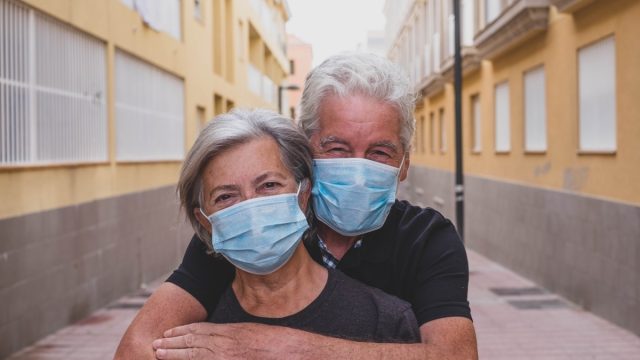
At latest count, about 7 million Americans have gotten the updated COVID-19 vaccines. Many are still debating or planning to put it off. New CDC Director Mandy Cohen recently spoke about why and when you should be vaccinated this fall. (The updated shot is recommended for everyone age six months and older.) And the agency had a stark warning for people over 65.
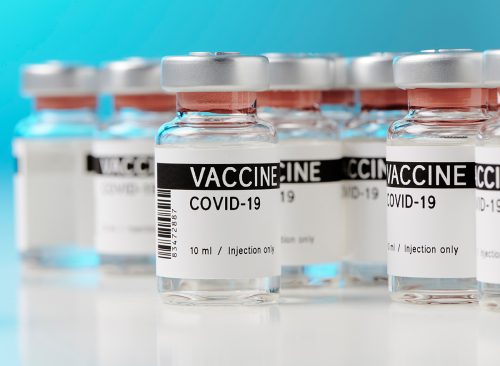
“October is the right time to get vaccinated,” Cohen said during an appearance in California this week. “As we get into late fall and winter … what we expect is to see more COVID circulation in November, December and January.”
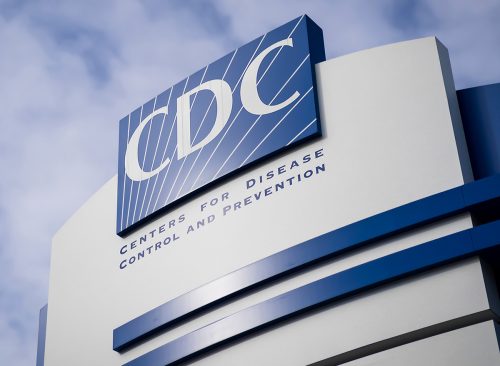
Cohen got her COVID-19 vaccination in California and said she was excited “to make sure that I’m protected.” “I wouldn’t recommend something for the American people that I wouldn’t do for myself and my family,” she said, noting that her husband, her children (ages 9 and 11), and her parents, both of whom are over 65, are all getting their updated vaccines as well.
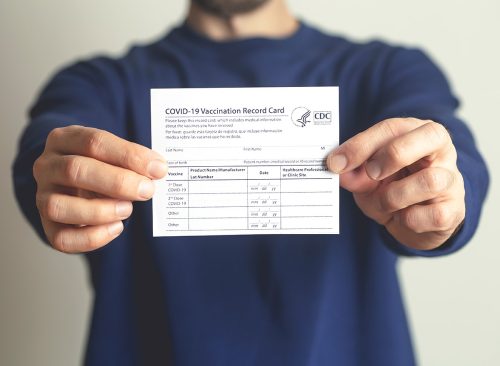
“Getting this updated [COVID-19] vaccine now allows your body to be in the best fighting shape it possibly can be going into the fall and winter, when we’re going to see more virus circulating,” said Cohen. “This virus continues to change and what this updated vaccine gets you is both the fact that you’re getting back into fighting shape … and it matches the current virus.”
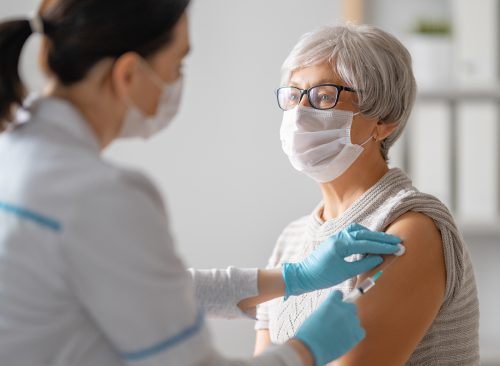
A report about COVID vaccines published this week by the CDC said that in 2022, COVID vaccines prevented 18.5 million hospitalizations and 3.2 million deaths—and noted that people over 65 are at higher risk of serious illness. “Currently, older adults (aged at least 65 years) and infants aged younger than 6 months are at highest risk for COVID-19-associated hospitalization,” the report said. “During January 1-August 26, 2023, COVID-19-associated hospitalization rates among adults aged at least 75 years were two to three times as high as those among the next youngest age group (adults aged 65–74 years). Rates among infants aged younger than 6 months are similar to those among adults aged 65-74 years.”
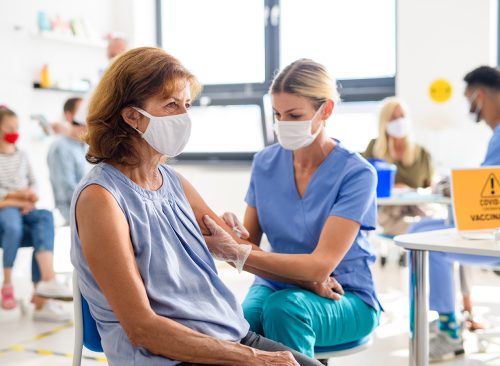
“Last year, we did see a high number of cases of flu, COVID and RSV circulating at the same time, which really not only made people very sick, but strained our hospital system at the time,” Cohen told the Miami Herald. “We really have the power in our hands to know what’s going to happen this season—and for the first time in history, we do have vaccines against all three.”

Although COVID-19 vaccines are no longer provided by the federal government, health insurance is required to cover vaccination at no charge. People who are uninsured can use the CDC’s Bridge Access Program to get a vaccine at no cost. “Everyone should know there is a free COVID vaccine with your name on it,” Cohen said. “Just call ahead and make sure the supply is there for you.” You can find them near you at vaccines.gov.
RELATED: Surprising Signs You’ve Already Had COVID

“We’re always watching to see how this virus can change. That’s what it wants to do. It wants to evade our immune system and it wants to spread,” Cohen said during a recent visit to Miami. “So we are constantly watching that at the CDC. We are sequencing many, many, many viruses in order to be able to watch and know how it changes.” Experts say the updated vaccine has demonstrated effectiveness against the virus variants that are currently circulating.














